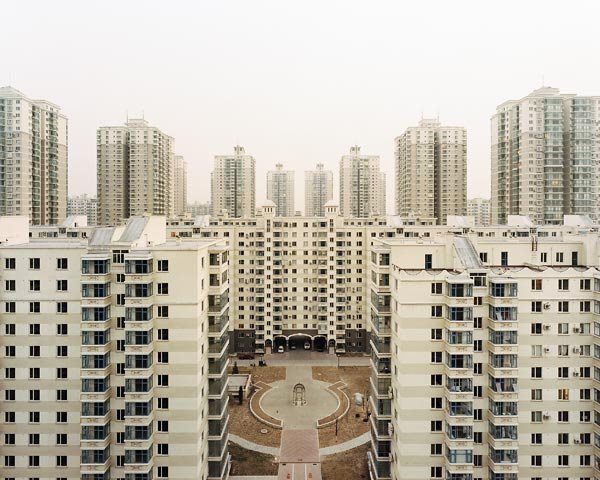 Beijing has invested billions of yuan in massive projects to increase and improve its water supplies, but with a new initiative to change how the public uses the wet stuff – from raising the prices of water to promoting cutting edge toilets – do we sense desperation?
Beijing has invested billions of yuan in massive projects to increase and improve its water supplies, but with a new initiative to change how the public uses the wet stuff – from raising the prices of water to promoting cutting edge toilets – do we sense desperation?
The driest major city in the world keeps getting drier, with an annual reserve of about 300 cubic meters of water per person; an acute shortage is generally considered to be 1,000 cubic meters or less. 2006 marks the eighth consecutive year of drought in the North China Plain, the longest drought since the founding of the People’s Republic according to the State Environmental Protection Administration (SEPA). “It’s as bad as Israel,” says Ma Jun, the president of the Institute of Citizens and the Environment. “It’s hard to be optimistic.”
“They are moving in all directions now, including the right ones,” says Christoph Peisert, a conservation expert with the German Agency for Technical Cooperation, who advises the government on water management. “But there’s not yet enough public interest in reducing the waste of water.” Last month, Ma Weifang, an official with the city’s sustainable development promotion committee, said that based upon the city’s current water consumption and efficiency levels, Beijing could face one of the worst droughts in its history at the same time as hosting its “Green Olympics” unless citizens learn to curb water consumption and use recycled water more efficiently.
To encourage these steps, the Beijing government in May issued its tallest water orders yet: It has promised to investigate water usage at construction sites, golf courses and saunas, imposing fines of up to RMB 10,000 if necessary. There’s also a mandate to install water-saving faucets in Beijing’s households. Recycling water is another strong focus, especially at car washes. While one car wash tbj visited was already using recycled water, no worker, or any other Beijing residents we’ve surveyed had heard about the recent water-saving campaign. Ma says, “At the moment, when they open the tap, they don’t realize what the effects are.”
While water consumption has reached a tipping point, Ma points out that the government’s conservation efforts can only do so much to ease the city’s shortage. Diminished ground water, for instance – which has caused Beijing to sink 10cm per year, reportedly threatening the stability of the new, heavy Olympic venues – can only be countered by improved irrigation and continued rainmaking, says Wen Bo, a local environmentalist. “Right now the government seems to have no way out.”
Replenishing the city’s water resources will require an even greater effort. The government recently announced plans to divert water from a Yangtze River tributary, which lies 1,200 km away from Beijing and whose polluted waters are an environmental concern. “I don’t see so many problems with the idea,” says Peisert, with a tone of resignation. In any case, it’s clear that further efforts need to be made to address both China’s ongoing environmental problems and the capital’s chronic water shortage – never before has a new water efficient toilet sounded so good.

No comments:
Post a Comment